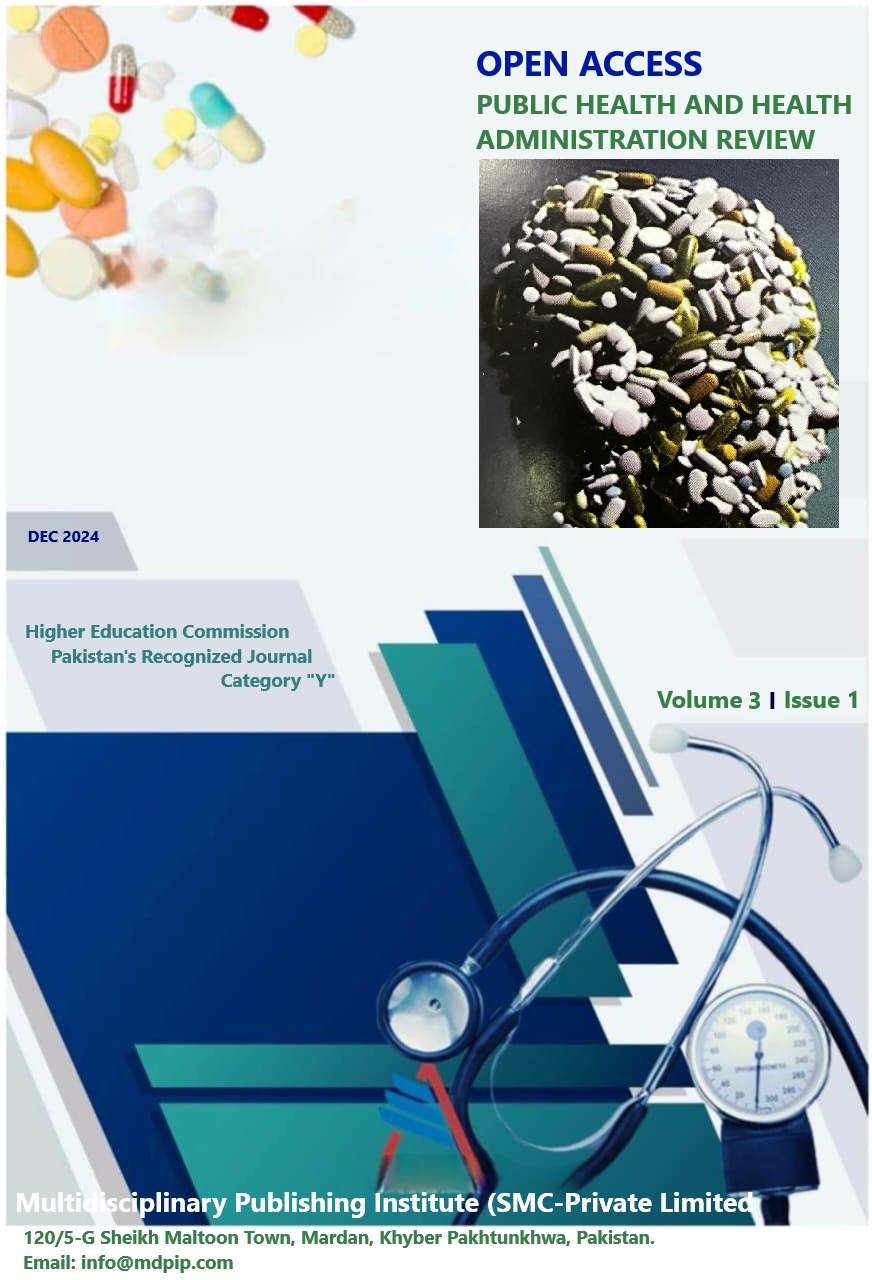Climate Change Impact and Assessment on Four-Footed Wild Mammals and its Conservative Habitats from Dry Command Area at Kotri downstream, Sindh, Pakistan
DOI:
https://doi.org/10.59644/oaphhar.3(1).231Keywords:
Climate Change Impact, Assessment, Conservation, Habitats, Wild MammalsAbstract
An ecological evaluation of habitats for small four-footed wild mammals has been carried out in the Kotri downstream area. The primary focus was on the command area of the Indus River downstream from Kotri. This evaluation looked at the biological, chemical, and physical elements that affect the ecosystem's health. Samples were collected from designated sampling locations. Water quality measurements revealed air temperatures ranging from 9 to 38°C and water temperatures from 9 to 34°C. Air humidity levels varied between 24 and 70%, while wind speeds ranged from 22 to 27, and light levels fluctuated between 9 and 21, with wet conditions spanning 19 to 80. The pH of the water ranged from 7.7 to 8.6, with salinity levels between 0.00 and 0.01 ppm. Optical density (OD) was between 1.2 and 5.9 mg/L, with total dissolved solids (TDS) ranging from 160 to 292 mg/L in the Indus River. The outcome of the water and dry belt of Indus River quality samples revealed the appropriateness in supporting the growth, dispersal, production, and reproduction of the terrestrial and especially small wild mammals that are found within the Kotri downstream dry belt region. There were 10 species of forfeited wild mammals. Herpestes edwardsii, Hystrix indica, Funambulus pennant, Paraechinus micropus, Rattus rattus, Oryctolagus cuniculus, Vulpes bengalensis, Canis aureus indicus, Sus scrofa, and Felis silvestris, which was a specialty, but as the flow of the Indus slowed down, they lost their heritage.






